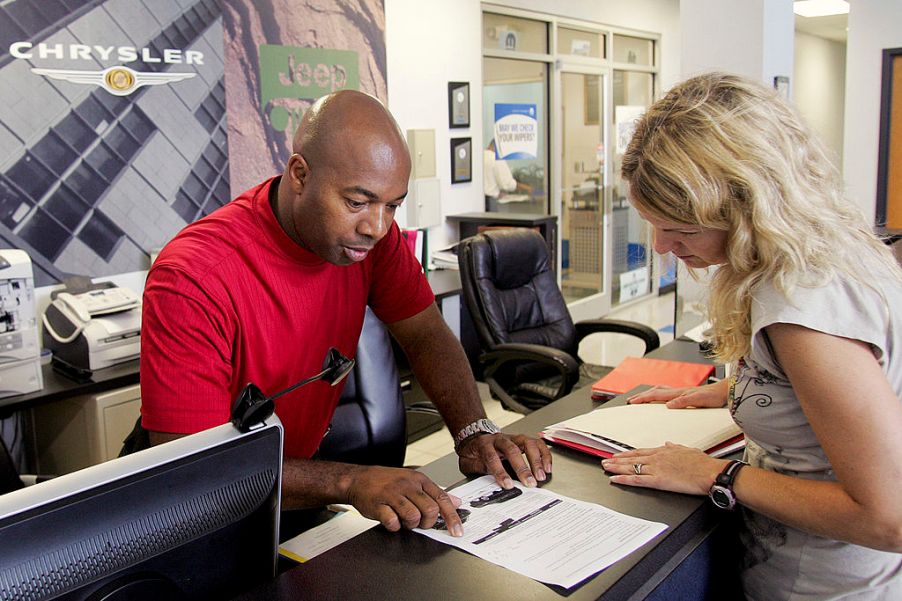
Avoid These Common Car-Buying Mistakes
The average consumer doesn’t purchase a new car often enough for it to be routine practice. For most drivers, we only buy a car every few years, so it’s easy to forget about car buying practices. Buying a car is a significant financial commitment, and it can be incredibly stressful. With so many options on the market, it can be hard to narrow down what car you want, and even after a test drive, you might not be feeling too confident. Car buying can be intimidating, but there are some common mistakes that you can avoid if you’re aware of them.
Avoid these car buying mistakes
There are a lot of mistakes that you can make when buying a new car. Some are more common than others, and even seasoned car buyers can make them. The first thing we look at when we are picking out a car is the price. We want to make sure that we are getting the best deal that we can, but if you’re noticing things are going a little too smoothly, sometimes it can also be suspicious.

Be aware of what reasonably pricing is for that car you want. If you see a car that is priced too high and isn’t actually worth the sticker price compared to other cars in the area, you might be getting ripped off. On the other hand, if the car is too far under the value price it is likely that there are some underlying issues. You’ve heard the saying, and it’s just as true with cars as it is elsewhere — if it’s too good to be true, it probably is.
The sticker price on a car isn’t the only thing that you should be wary of, as there are a lot of additional costs that can quickly add up while finalizing paperwork in the car buying process. Extended warranties, which many dealerships will claim are helpful, aren’t usually worth the addition in price. Other add-on costs like GAP insurance, on the other hand, can be worth the money.
Be prepared for anything
The next mistake you want to avoid is buying a car that will end up being a bad purchase for you in the long run. This can mean that the car is unreliable and is constantly needing expensive repairs or replacements. While we can’t always avoid buying a car that isn’t reliable, the first way to prevent that is to do a small amount of research on websites like Consumer Reports which can rate the car’s estimated reliability. Another way is to stop by a trusted mechanic for a quick inspection.

Buying a car sometimes means sacrificing certain features to get the car you want for the right price. It’s important to know what features are the most important to you, and what features aren’t a necessity. If you compromise too much you could end up in a car that you don’t like in the long run, and this could lead you to trading it in sooner rather than later.


